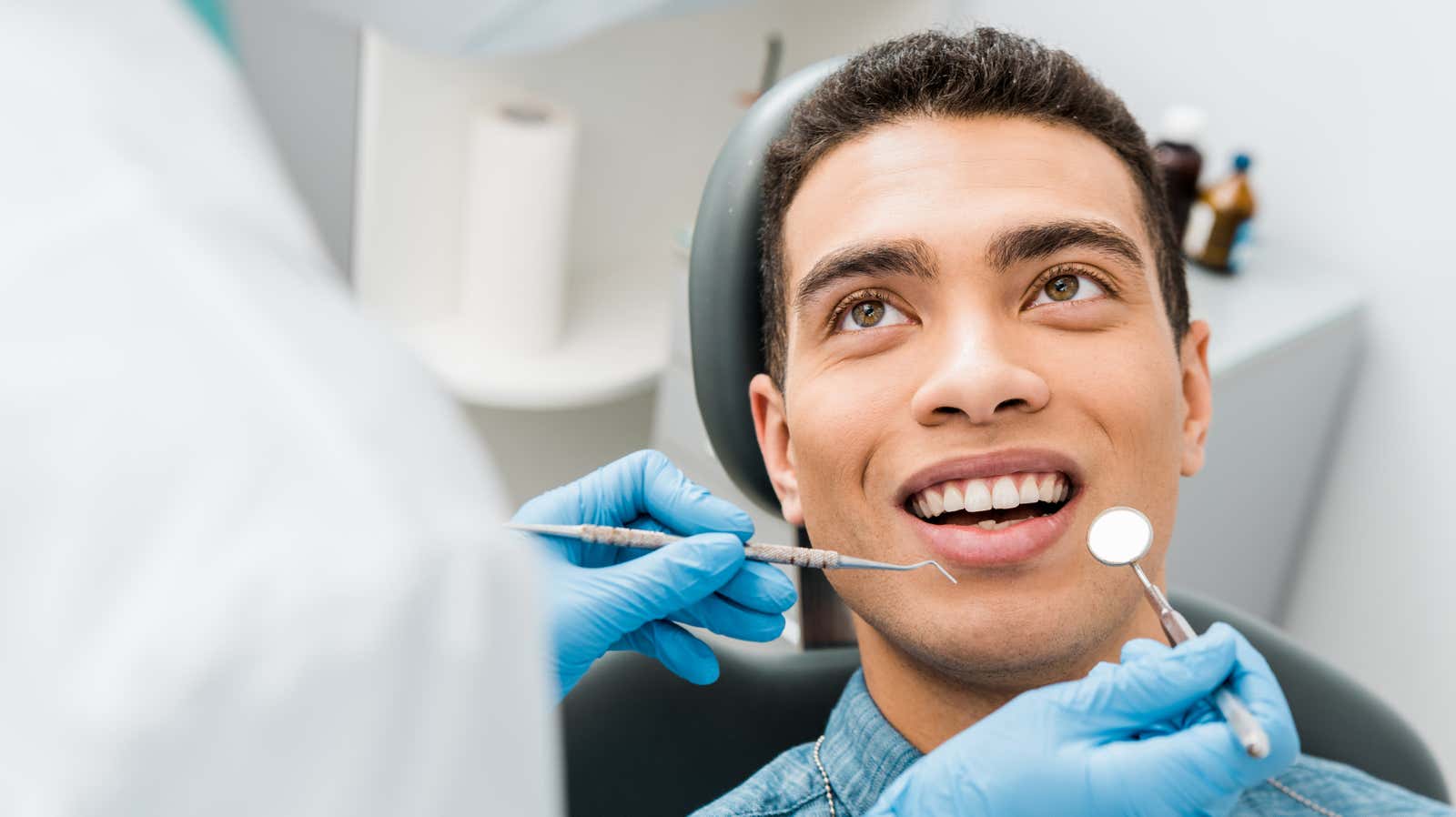How to Determine If You Need Emergency Dental Care

We’ve been hiding at home for a long time now that many of us are starting to wonder what to do with ongoing dental care. Some of us deal with aching wisdom teeth, incomplete root canals, implants and cavities, and aching teeth or gums. Others wonder about the risks associated with delaying ongoing care, such as cleaning and x-rays.
To reduce the risk of transmission, the American Dental Association (ADA) has recommended that all dental surgeries be closed , except in emergencies, no earlier than April 30th. It is likely that dental offices will remain closed for even longer.
“You never want your patients to postpone check-ups or procedures that improve oral care, but in the interest of public health, the best we can do is follow proper guidelines, encourage our patients to practice good oral hygiene during a pandemic. and will be grateful that we can treat the many types of emergencies that cannot wait, ”said Rick Mars, general dentist and author of Big Smiles: Modern Dentistry Principles – For Dentists and Patients .
Urgent Dental Care Requires Immediate Treatment
Given that this will not go away anytime soon, there is every chance that this recommendation will be expanded, which means it will be some time before we can visit our dentist for our regular cleanings. So what exactly is dental emergency care?
The ADA defines a dental emergency as a situation that is “potentially life-threatening and requires immediate treatment to stop ongoing tissue bleeding or to relieve severe pain or infection.”
Determining whether this situation requires immediate attention is not easy, however, especially since you can’t just go to the dentist to have it checked. To help, the ADA has compiled guidelines on what constitutes dental emergency care and which procedures can wait.
Emergency dental care includes persistent bleeding, painful swelling in and around the mouth, pain in the tooth, teeth, or jawbone, gum infection with pain or swelling, broken or knocked out teeth, cutting or fixing braces that damage the cheek or gums. as well as any biopsies of abnormal tissue.
In other words, if you are experiencing any toothache, be sure to call your dentist to describe what is happening and discuss your options. If you are fortunate enough to have a permanent dentist, someone who is familiar with your teeth, they should have a good idea of whether this comes to the level of an emergency or if it can wait.
Regular check-ups should be suspended
According to ADA guidelines, some of the things that are not dental emergencies include regular visits for check-ups, brushings, x-rays and braces, tooth extractions or cavity treatments that do not cause pain, and teeth whitening. … These are all procedures that need to be postponed for your safety as well as for the safety of your dentist.
As some states prepare to reopen , the ADA has issued some additional guidance , which includes a warning that since COVID-19 tests are not currently available to dentists, they “need to know that asymptomatic, healthy-looking patients cannot be treated like COVID. -19 free. “
Until it is safe to do regular cleaning and x-rays, it is doubly important to practice regular oral hygiene to avoid the need for emergency procedures.
“Brushing and flossing your teeth is always important, especially when you cannot visit your dentist for regular check-ups and brushings,” Mars said.